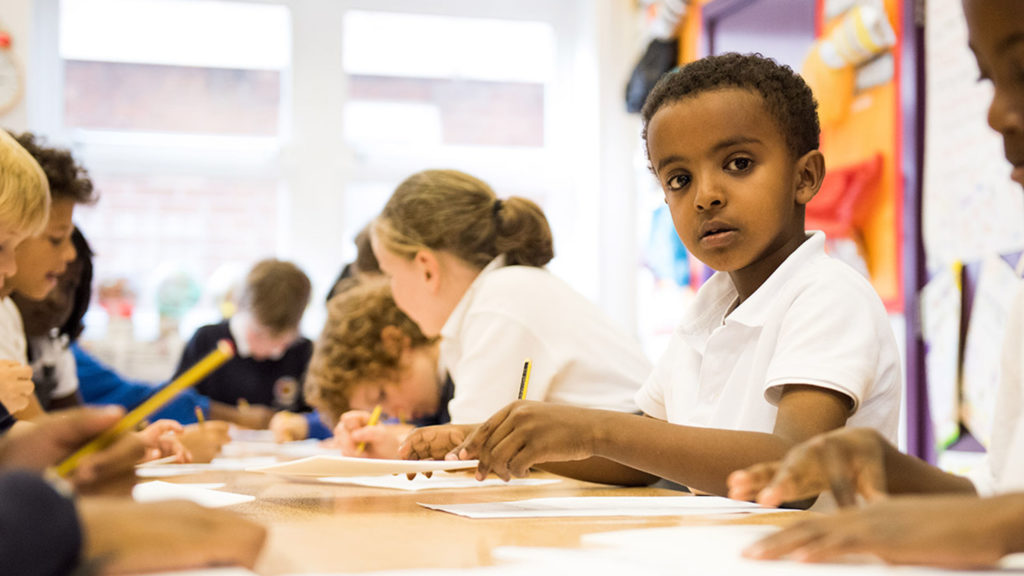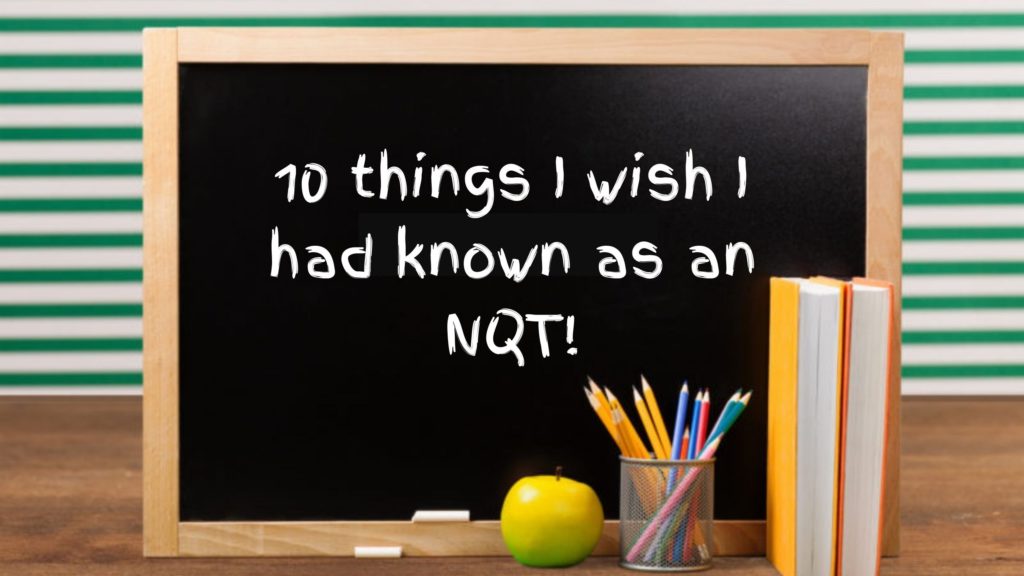Your how-to guide for Assessment week prepping!

In primary schools, end of term data such as the December data indicates how children have made progress from what they have achieved since the July data sweep.
This is crucial as it identifies each child’s learning journey and whether they are on track to reach their targets at the end of the academic year. This is the data sent to governors and is scrutinised by improvement partners, in addition to national performance outcomes. It tells you and senior and middle leaders the “current picture” of how well your pupils are doing.
Over the last few years , assessment has had a turbulent journey of its own. Levels have been kicked out and schools have been allowed to opt for their own choice of data collection. Some schools have grasped the idea with zealous glee and designed their own data and others have opted for known tracker systems
The focus remains on “progress” and comparisons are made on how we perform globally and national data collection at Reception, end of KS1 and KS2 and KS4 GCSE results must indicate that children are achieving and not failing, regardless of their circumstances!
It is good to hear, in recent news, that Ofsted has renewed the focus on the rich and diverse curriculum although how they will monitor that is still yet to be confirmed.
Data shouldn’t just be about numerical figures. It is about how you know the children are understanding key concepts and skills appropriate for their age group and beyond, where necessary, how they are recalling and applying what you have taught them and whether they can do this independently.
Whatever, the situation is, assessment week is about “knowing” your pupils inside out, upside down and back to front and tracking them. Believe it or not, you have had them from September – and should know by now some picture of what makes them tick and how to move them forward.

Most assessment weeks start from late November and some schools choose to have mocks in January to show the Autumn learning. Being prepared is the key to get accurate and reliable data. In primary schools, reading, writing and maths are key measures of seeing how children are learning those basic skills. Try not to forget the importance of “spoken word” – the old “speaking and listening”.
How eloquently children speak and how actively they listen, supports them with their learning when it comes to reasoning and justifying their ideas whether they reading, writing or solving a maths problem.
Looking through your books and talking with your pupils
Start your prep for assessment week by looking through the children’s books. Your ongoing formative assessment should have given you knowledge of how well they are doing.
Using post it notes, mark out pieces of work that show where the child has made significant progress. This helps when you have moderation meetings and book scrutinies as you can justify why you think your pupils are making progress.
Books and dialogue in the classroom are where they have shown skills and learning which indicate they have understood a concept and developed their ideas. Get children to reflect and self-assess and identify what things have worked well and what they think their next steps are. It is always astonishing how accurate and evaluative they are.
At the end of the day, the tests should just validate your understanding and knowledge of what they can do and the learning you have done with them.
Get assessment papers ready
Make sure your assessment papers are ready the week before hand. Check you have the right papers, the right amount and also extra –in case of mishaps. This might seem obvious, but if you are new to teaching, new to the school or new to the UK, this type of preparation ensures the day goes smoothly.
When things don’t go the way they have been planned, it can unnerve children and affect the way they perform.
Reasonable Adjustment Rules and Access Arrangements
Children who have additional needs are eligible to have extra time or can have enlarged prints of the paper. In addition, they can have one to one readers who can read out the questions in maths tests although this is not allowed in reading tests.
In addition, you can have prompters who can support and encourage children who flag during the tests and some children are also eligible for scribes.
This must be normal practice in your classroom, so check with the inclusion and SEN departments as to what additional support each child can have.
Brief your parallel team
Make sure everyone including fellow teachers, teaching assistants, trainee teachers know about assessment week in advance. Schools usually have policies to follow and you need to make sure that everyone understands how to conduct assessment papers.
Brief the children when appropriate so they are aware of what is happening.
Try to teach booster lessons and exam techniques to your pupils. The main thing is you want to create every opportunity for the child to succeed and every child wants to try their best.
Collating and Marking the Papers
Try to mark the papers as soon as you can, as after assessment week, you still have to teach lessons. Collate the papers in register order -it helps when you are inputting results and the data.
Make sure your lessons are planned and prepared for the following week, as the assessment cycle of marking papers, inputting data and pupil progress reviews can get overwhelming even for experienced teachers!
Children who are not doing as well as you had hoped
Conversations should have been had with any child who has not been making progress or is stuck. In addition, your parallel teaching team, senior leaders and the parents or carers should know even as early as mid-September.
Interventions and boosters should have been set up for the child as well and attendance and punctuality data should be monitored. Query why they are not doing well.– Do they have an undetected additional need, are there barriers to learning e.g. unexplained personal or academic circumstances, have they become complacent and are they able underachievers?
Some children do not perform as well in tests and yet they show progress in their books. Teacher assessment is key and it is about your knowledge of the child that counts. However, while this is important, we are all held to account, by those national outcomes.
So teach the children exam techniques! Unfortunately, we live in a performance culture so although you might be delivering the most enriched and experiential curriculum – pupils need to know how to play the assessment game too like you!
Post Assessment Week!
Complete gap analyses – you will have noticed things as you assessed that you need to consolidate on or teach and also things that you have taught well.
Share the assessment data with your pupils and your parallel teaching team and discuss patterns that you have noticed and what they have done well in and what they need to work on. The march for progress goes on and assessment is ongoing!
Progress and assessment are some of the most important words in the teaching and learning dictionary and constantly talked about.
In his blog for Ofsted posted on 23rd April 2018, Sean Harford, (National Director, Education) “Assessment – what are inspectors looking at?” progress was mentioned.
“By progress, we mean pupils knowing more and remembering more. Has a child really gained the knowledge to understand the key concepts and ideas? Is this enabling them to develop the skills they need to master?”
Consider how are you are going to use the data to ensure progress is happening. What are you going to do to equip pupils in becoming reflective learners- able to compete with the global marketplace?
Manipulate the data by looking at the progress of all your groups. Reflect, evaluate and analyze and put in actions which secure progress for that child. Data that is not used well otherwise becomes meaningless and can involve lots of hard work and unnecessary paperwork!








Responses